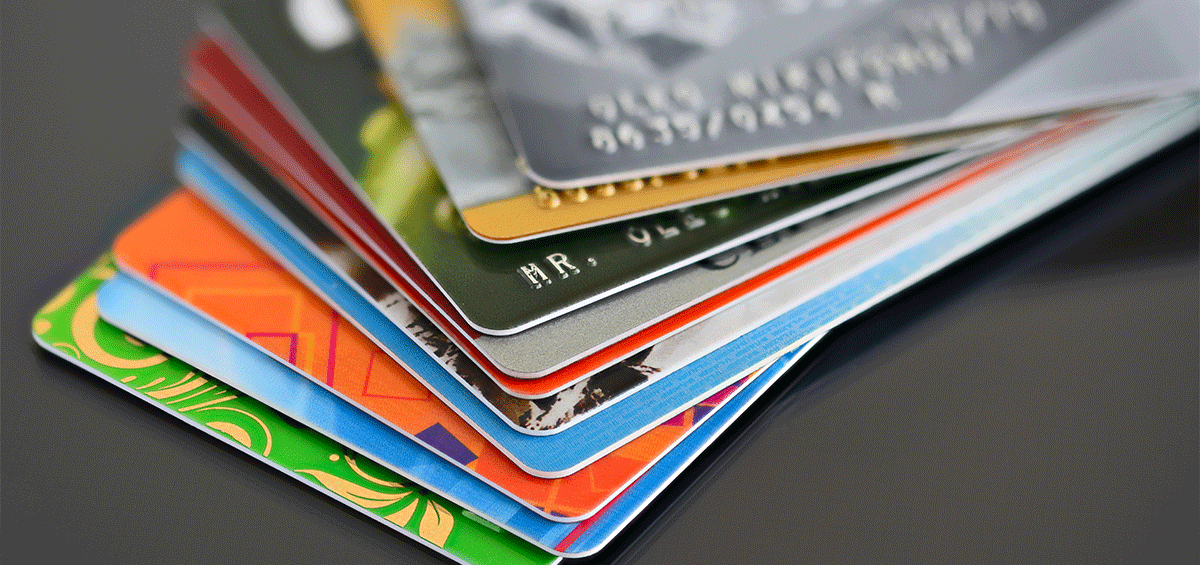A growing number of Americans are moving towards a “cashless” society. As a result, credit cards are being used more often than ever — especially by those with higher incomes.1
Credit cards are no longer viewed solely as a debt instrument for cash-strapped individuals. Instead, they are prized for a variety of benefits, such as earning rewards and travel perks, protecting purchases, building credit, and gaining additional insurance coverage.
Reap the rewards
Using a rewards credit card for everyday purchases can provide you with valuable perks. Some rewards cards will offer a percentage of cash back for every dollar spent on certain purchases (e.g., dining; travel) or the ability to apply rewards towards a statement credit. Others offer travel rewards that can be used to purchase airline miles and hotel accommodations.
Certain rewards cards can even provide you with entrance into VIP airport lounges and early access to purchase tickets for concerts and sporting events. Many rewards cards offer additional sign-up bonuses, such as double cash back or bonus miles/points for new customers if you charge a certain amount on the card within a specified period of time.
The disadvantages of a rewards card are that it can often come with a higher interest rate or charge an annual fee. So if you tend to carry a balance on your card, you could end up paying more in interest than you would earn in rewards. In addition, it is important to read the fine print and fully understand the terms and conditions of the rewards offered. You’ll also want to periodically check in with your card issuer to see if any of the terms and/or conditions of the offer have changed.
Protect your purchases
One of the main advantages of using a credit card is that you have greater protection for your purchases than you would if you use cash or a debit card. If your credit card is lost or stolen, you generally are liable for no more than $50 in fraudulent/unauthorized charges. Credit cards also come with additional fraud protection in the form of fraud alerts that are sent immediately to you by email or text message when suspicious charges are detected.
Your credit card may also provide extended warranties and/or extra purchase protection for high-cost items bought with the card, such as a TV or laptop.
Build your credit
Using a credit card is an excellent way to build credit and improve your credit score. There are a variety of factors that go into determining your credit score, such as your payment history, outstanding debt, and how close your balances are to their account limits.
In order to use a credit card to build and/or improve your credit, you should be sure to consistently pay your full monthly balance on time and keep your balance below your credit limit.
Share of payments made by credit card

Source: Federal Reserve, 2023
Gain additional insurance coverage
Many credit cards provide you with additional insurance coverage for particular circumstances. For example, if you use your card to rent a car, you may be covered by auto rental insurance to protect you in case of damage or theft. If you use your card to purchase a trip, it may offer travel interruption insurance if your trip is canceled for a covered reason. Your credit card may even provide coverage for a lost or damaged cell phone if you purchased your cell phone or pay your cell phone bill with your card.
Use your card wisely
The key to making the most of your credit card is to use your card wisely and avoid falling into common credit card traps. Here are three tips for using your credit card responsibly:
- Only charge what you can afford and pay the full balance due each month.
- Avoid missing payments by signing up for automatic payments and account alerts.
- Try to keep your balance well below your credit
1) Federal Reserve, 2023
Copyright 2006- Broadridge Investor Communication Solutions, Inc. All rights reserved.
Broadridge Investor Communication Solutions, Inc. does not provide investment, tax, or legal advice. The information presented here is not specific to any individual’s personal circumstances.
To the extent that this material concerns tax matters, it is not intended or written to be used, and cannot be used, by a taxpayer for the purpose of avoiding penalties that may be imposed by law. Each taxpayer should seek independent advice from a tax professional based on his or her individual circumstances.
These materials are provided for general information and educational purposes based upon publicly available information from sources believed to be reliable—we cannot assure the accuracy or completeness of these materials. The information in these materials may change at any time and without notice.
*Non-deposit investment products and services are offered through CUSO Financial Services, L.P. (“CFS”), a registered broker-dealer (Member FINRA / SIPC) and SEC Registered Investment Advisor. Products offered through CFS: are not NCUA/NCUSIF or otherwise federally insured, are not guarantees or obligations of the credit union, and may involve investment risk including possible loss of principal. Investment Representatives are registered through CFS. Coastal Federal Credit Union has contracted with CFS to make non-deposit investment products and services available to credit union members.
CFS representatives do not provide tax or legal guidance. For such guidance please consult with a qualified professional. Information shown is for general illustration purposes and does not predict or depict the performance of any investment or strategy. Past performance does not guarantee future results.
Trust Services are available through MEMBERS Trust Company. CFS* is not affiliated with Members Trust Company.






